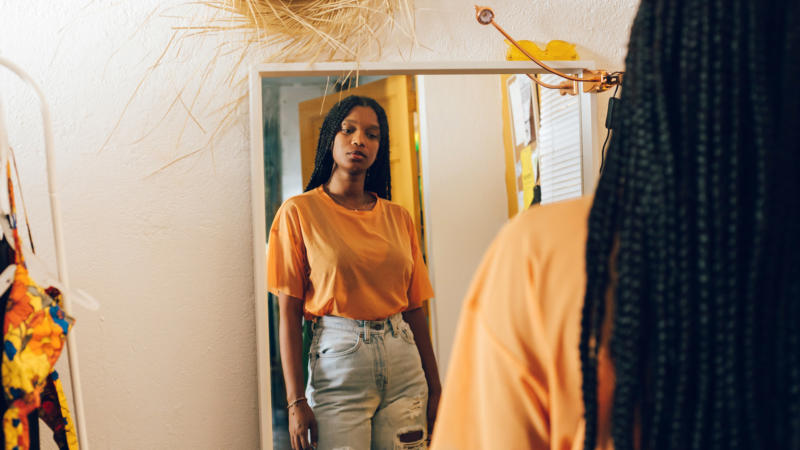A new law passed in Norway puts forth a very interesting social media rule.
The law — which was passed earlier this month in the Norwegian Parliament— requires social media influencers to disclose whether they’ve manipulated the image in any way before posting. The Hill reports that this law was passed in an effort to combat body image issues faced by young people in the country today.
If the photo has “a body’s shape, size or skin has been changed by retouching or other manipulation,” it must be marked as edited, according to Norway’s new legislation.
What’s more, the new Norway law stipulates that celebrities and influencers must disclose if they were paid for the post, regardless of whether the photo in question was edited.
“The measure will hopefully make a useful and significant contribution to curbing the negative impact that such advertising has, especially on children and young people,” said the Norwegian Ministry of Children and Family, in a statement provided to Vice.
The proposed law is an amendment to a 2009 law that dictates Internet marketing and must be approved by the King of Norway before it is enacted.
But the Scandinavian country isn’t the only country to pass such laws about social media.
According to Reuters, Britain’s laws about social media are much stricter than Norway’s. In the U.K., social media companies can be fined up to $25 million (18 million GBP) if they fail to address issues related to online abuse. While the law enshrines protections for journalists and political analysts, they too must operate within the parameters and not engage in online abuse, or they too will be subjected to fines.
As of this writing, the United States has not yet passed any federal laws relating to filter disclosure or the disengagement of online abuse. However, many political analysts are wondering if it will be inspired by their neighbors abroad to pass such laws.
Eric Dahan — the co-founder of premier influencer marketing company, Open Influence, with international clients such as Disney, Google, Amazon, Facebook, P&G, and more — shared his thoughts with AfroTech.
“Across the social media universe, audiences are driving away from unrealistic, over-produced content and craving authentic human-to-human engagement,” Dahan said. “This is especially true as so many of our daily interactions are shifting online in the post-coronavirus new normal. How do we know if an influencer is being authentic or not? If we see someone who does not try to ‘curate’ their whole life. They are raw and honest, showing not just the fun and pretty, but the struggle that we all experience.”


